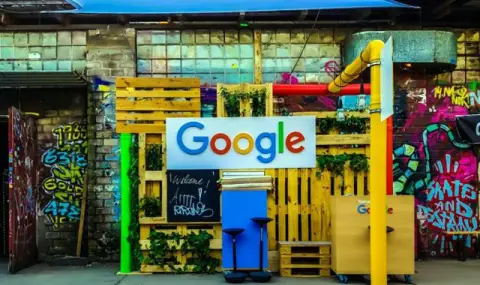Despite the many promising image formats, including those promoted by Google itself, the search engine does not abandon its attempts to improve and optimize the well-known JPEG/JPG format.
The company introduced a new JPEG encoding format called Jpegli, which the creators claim is 35% more efficient at compressing images at high quality settings.
Google highlights the following benefits of Jpegli:
- The library is an encoder/decoder that is fully compliant with the original JPEG standard and is API/ABI compatible with libjpeg-turbo and MozJPEG.
- High quality. When compressing and decompressing images using Jpegli, more accurate and “psychovisually effective“ calculations, resulting in more accurate images.
- Speed. Despite better image quality and compression efficiency, encoding speed is comparable to conventional options like libjpeg-turbo and MozJPEG, making it easy for web developers to integrate the new library into their workflows without sacrificing speed or resource consumption.< /p>
- Ability to encode an image with 10 or more bits per color component. Traditional libraries encode images using 8 bits per component, resulting in artifacts on smooth gradients. The resulting images are fully compatible with decoders with 8-bit representation of color components, which means that they will be displayed in all existing viewers, including browsers.
- Compression efficiency. Jpegli compresses images more efficiently than traditional encoders, which saves space and traffic and speeds up page loading.
Similar results were achieved by partially using the developments of the JPEG XL format, which the company refused to support in Google Chrome after long testing due to a “lack of significant benefits and interest in the community”.
